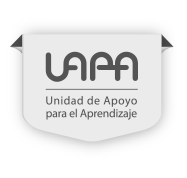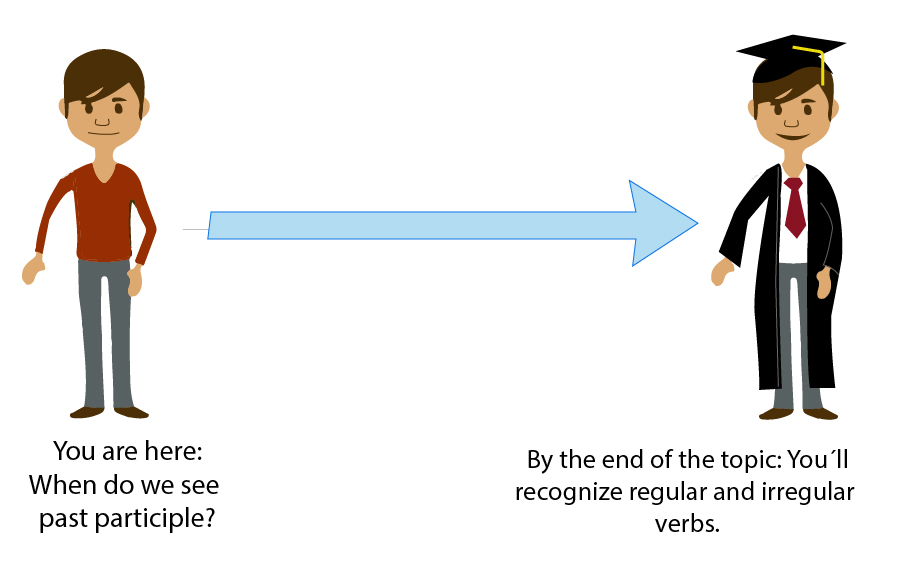Past participle
The past participle is used in specific tenses like:
1. Perfect tenses: present, past or future.
2. Passive voice.
3. Wishes and unreal past.
4. Conditional type 3
Some examples are:
1. Perfect tense (present): I haven’t visited my grandma lately.
2. Passive voice: This book was written hundreds of years ago.
3. Unreal past: If only I had listened to my mom.
4. Third conditional: I wouldn’t have called you if I had known you’d be busy.
The past participle and simple past are formed by adding -ed, at the end of regular verbs. Follow these rules, when adding -ed ending:
Remember the importance of proper pronunciation of past tense of regular verbs. The way we pronounce the ending “-ed” will depend on the last consonant sound of the base form of the verb. Look at the following chart, listen to pronunciation and practice.
If the base form of the verb ends in p, k, f, g, h, sh, ch, ss, c, x, s, z, g the ending -“-ed” sounds like /t/. Listen and repeat the words.
fix ➜ fixed
wash ➜ washed
dance ➜ danced
match ➜ matched
laugh ➜ laughed
ask ➜ asked
bless ➜ blessed
stuff ➜ stuffed
use ➜ used
blaze ➜ blazed
encourage ➜ encouraged
*Notice, letter “e” is silent.
If the base form of the verb ends in l, n, r, v, b, m, w the ending “-ed” sounds like /d/. Listen and repeat the words.
call ➜ called
clean ➜ cleaned
care ➜ cared
move ➜ moved
climb ➜ climbed
alarm ➜ alarmed
snow ➜ snowed
*Letter “e” is silent.
When the base form of the verbs ends in t or d. The past tense is pronounced /id/. Listen and repeat the words.
waste ➜ wasted
paint ➜ painted
need ➜ needed
sound ➜sounded
*It’s the only case where the “e” is pronounced.
Piece of cake? Not so fast, we also have irregular verbs.
These verbs do not follow rules, so they are called “Irregular” verbs. Both past tense and past participle change their spelling when they are conjugated. Would you like some examples?
1. Buy → bought
2. Drive → driven
3. Eat → eaten
4. Run → run
5. Catch → caught
There is no rule to form the past participle of irregular verbs. Some of them change entirely, others only change a letter, and others do not change. Then, what can we do? You can find patterns in some verbs, but it might be best to learn them by heart.
Here are some of the most common irregular verbs in past participle. Go over them as many times as necessary so you don't forget them.
Click on each of the letters to see the irregular verbs that start with the same letter. It is essential that you listen to their pronunciation in past participle.
You can also download and save the list “Irregular Verbs” in your computer. This will help you to do your activities.
Now it is time for you to practice by answering the following activities.



